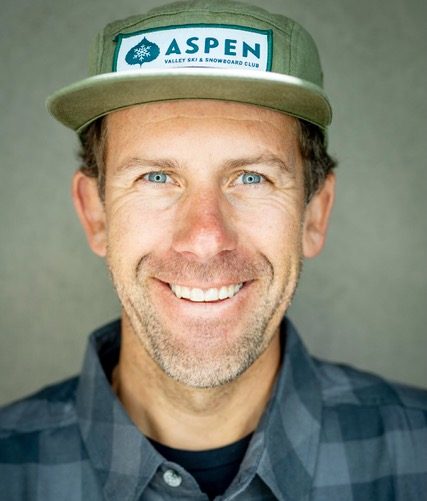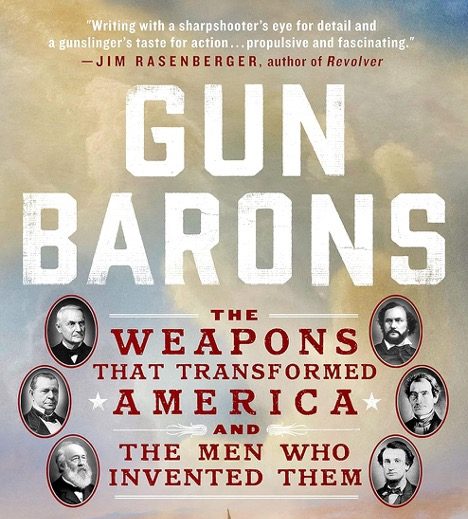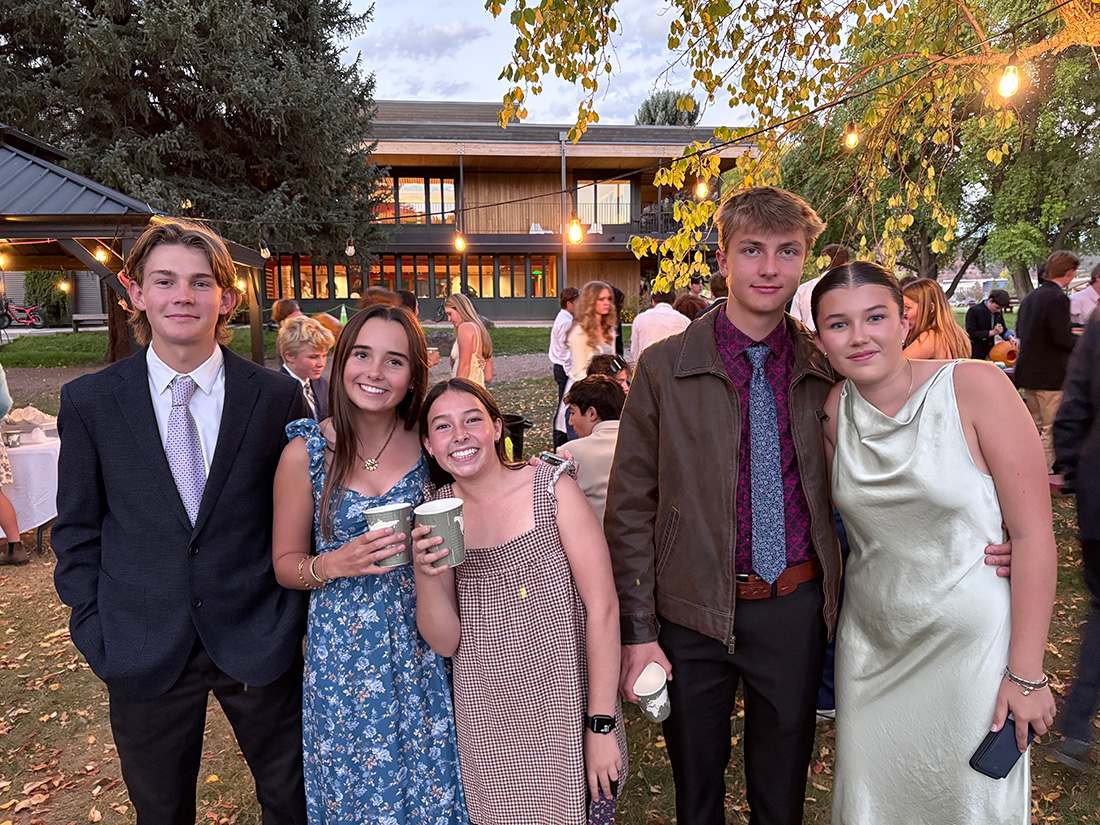Civil Right Movement Interim Offering
This year, several new Interim offerings were proposed. Look for recaps from the leaders in the coming weeks.
9th-grade Coordinator Tracy Wilson and Director of the International Program Katie Hyman took a group of students to the South to learn about civil disobedience during the Civil Rights Movement and how those practices can still be utilized today.
“Injustice anywhere is a threat to justice everywhere.” With Dr. Martin Luther King Jr.’s axiom in mind, a group of ten CRMS students and two teachers, Tracy Wilson and Katie Hyman, traveled to Georgia and Alabama over the Interim week to study the Civil Rights Movement and explore issues of contemporary social justice. The week began with a nonviolent conflict reconciliation training led by Ronald Smith and Gwen Brown, activists from the Atlanta-based nonprofit Something New. The CRMS students practiced suspending judgment and seeking understanding as they reflected on their own beliefs, convictions, and values.
With the tenants of Dr. King and Mahatma Gandhi’s nonviolent resistance movements newly integrated, the students traveled from Georgia to Selma, Alabama, site of the “Bloody Sunday” tragedy and the epicenter of voting rights activism which ultimately helped shape and spurred on the Voting Rights Act of 1965. In Selma, the students walked across the Edmund Pettus Bridge, some 53 years after John Lewis, Martin Luther King Jr., Hosea Williams, and Diane Nash crossed the bridge along with some 20,000 other marchers en route to the state capitol building in Montgomery. The students stayed the evening with City Councilman, Sam Randolph, and enjoyed his Southern cooking and generous hospitality. Sam’s dinner was one of many Southern meals rich in love and butter – Southern culinary highlights from the week including fried chicken, grits, gravy, biscuits, and okra. At Sam’s house, the students spoke with Selma resident, Linda Lowry, who was just 15 years old when she marched across the bridge. Her story was poignant and inspiring, and the students were grateful to have met her and honored to hear her story. The visit to Selma also coincided with U.S. Representative Terri Sewell’s visit to her hometown City Council. Congresswoman Sewell addressed the CRMS group after speaking with Council, answering questions from the students about her position on DACA.
In Montgomery, the CRMSers visited the Southern Poverty Law Center’s Civil Rights Memorial before heading back to Decatur, Georgia and the “U.S.’s most diverse square mile” where they joined the New American Pathways refugee resettlement afterschool program. The CRMS students played tag, joined in on Valentine’s snacks, and tutored the eager group of 1st – 5th graders who hailed from Syria, Afghanistan, Malaysia, Burma, Rwanda, Thailand, and Iraq, in math and reading. Both student groups, the elementary schoolers, and the CRMSers enjoyed each other’s company and the opportunity to learn from one another ever-so-briefly.
With trip-capping visits to the National Center for Civil and Human Rights, the Carter Center, and the King Center in Atlanta, the students found inspiration in the moral examples of Dr. King and the Civil Rights Movement leaders, Jimmy and Rosalynn Carter, and contemporary activists around the world. They returned to Carbondale with new understandings of their own biases, new hope for catalyzing change in the world, and bellies full of great food!
 MYCRMS
MYCRMS
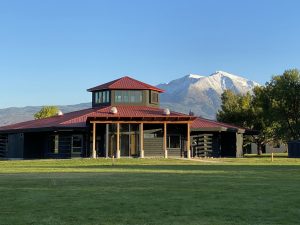
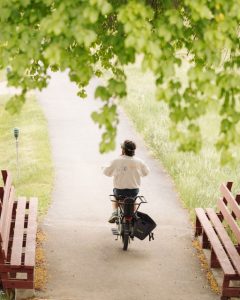
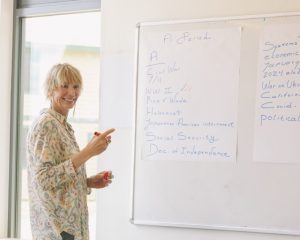
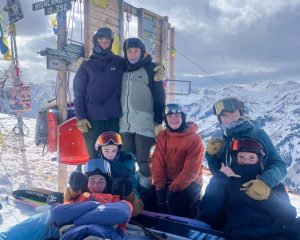
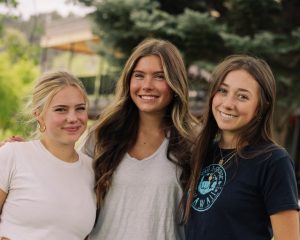
 Virtual Tour
Virtual Tour